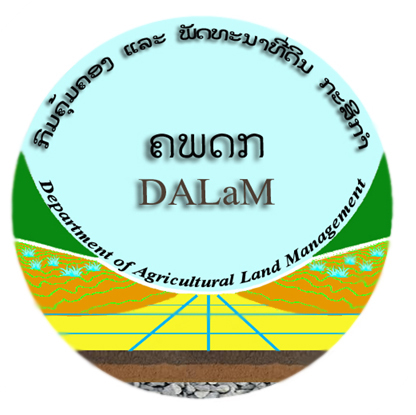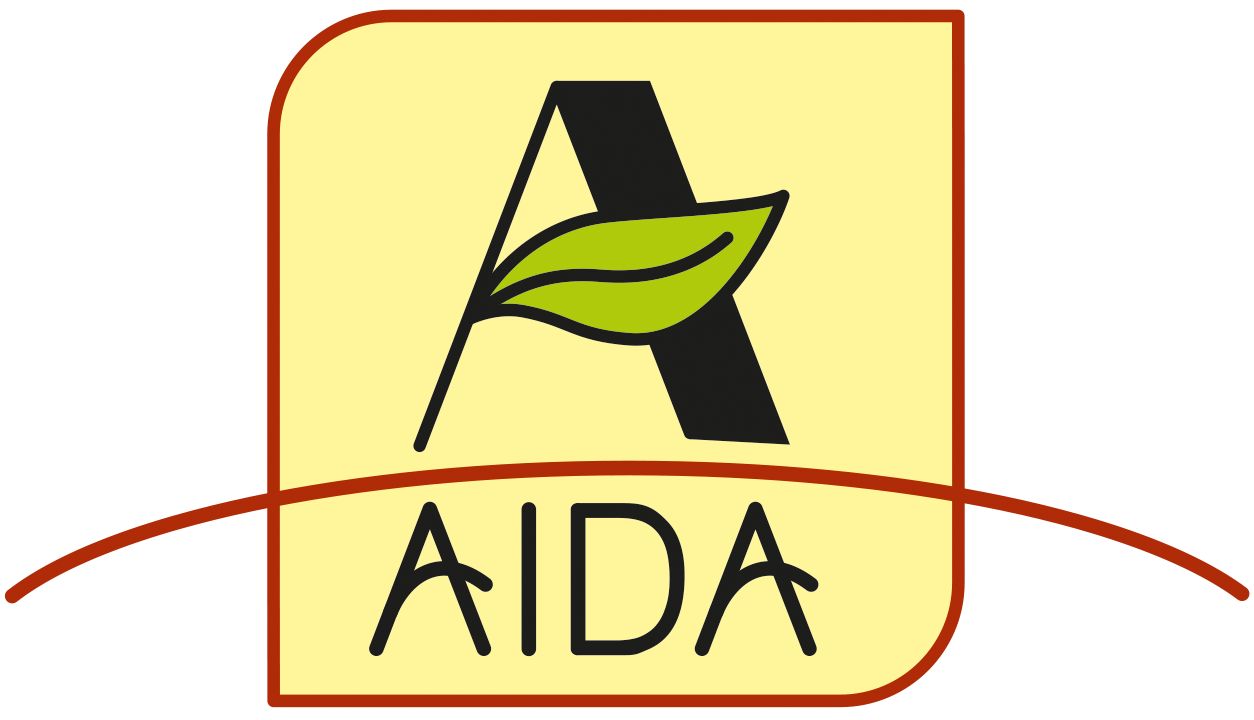EFICAS.
The EFICAS Project aims at developing innovative methods and intervention approaches to support farmers’ adoption of climate smart agricultural systems based on conservation agriculture.
Over the past decades a large range of technical options have been tested successfully in the northern uplands of Lao PDR to support a sustainable intensification of upland agriculture.
For example, diversified cropping systems based on agroecological principles have proved effective in restoring degraded soils and improving agricultural productivity while limiting the use of external chemical inputs. Today, soil conservation techniques are well known by most stakeholders, including village communities, but they are not spontaneously adopted. The reasons for low adoption are often not related to the cropping techniques themselves but to external causes, such as the roaming cattle and buffaloes that damage cover crops, the limited knowledge of existing market outlets, or simply because farmers find it less labor consuming to till their land or to use chemical products instead of organic practices.
Innovation is not a straightforward process.
Innovative landscape approaches to enhance resilience to climate change
LANDSCAPE APPROACHES
Landscape approaches seek to simultaneously contribute to climate change mitigation and adaptation, food security, livelihood opportunities, biodiversity conservation and cultural and recreational needs. Landscape approaches emphasize adaptive management, stakeholder involvement, and multiple objectives. These principles differ from more traditional sectoral and project-based approaches.
ECOSYSTEM SERVICES
Ecosystem services are the benefits people obtain from ecosystems, including provisioning services such as food, water, timber, and fiber; regulating services that affect climate, floods, disease, wastes, and water quality; cultural services that provide recreational, aesthetic, and spiritual benefits; and supporting services such as soil formation, photosynthesis, and nutrient cycling.
CONSERVATION AGRICULTURE
is based on the three following principles:
1) Minimum soil disturbance,
2) Permanent plant cover, and
3) Adapted crop associations and rotations






